By Cullen Hendrix for Denver Dialogues

Recently, the Korbel School’s Center for Middle East Studies hosted a dialogue on what was billed as “one of the most vexing questions of our time”: where is the Muslim Gandhi? That is, where is the leader who will use nonviolent strategies to deliver Muslim populations from authoritarian rule? Especially in the Arabian Peninsula, majority-Muslim populations continue to be ruled by autocratic governments. The Arab Spring wave of protests across the MENA region renewed interest in the power of nonviolence in the region, but five years since its inception, radical change has proven elusive.
The typical reasons proffered for the absence of a Muslim Gandhi range from the purported militarized bent of Islam to the paucity of liberal-minded educational institutions and influence of Western political thought in the Muslim world. Even accepting these points – and, to be clear, I am not – there should be plenty of qualified candidates: sharp minds with impeccable humanitarian bona fides and a commitment to pursuing regime change or self-determination via nonviolent means. The “Muslim world” is 1.57 billion people strong: if it can be home to the world’s tallest man and host the world’s longest charitable telethon, it contains multitudes. Indeed, there’s already been a pretty decent contender for the title: committed pacifist and anti-British activist Khan Abdul Ghaffar Khan, an ally of Gandhi’s whose role in history has been largely overshadowed by his more famous compatriot. The problem is not a lack of potential candidates.
The problem is that these candidates are drowning in oil. The Middle East is the world’s most oil-rich region. It is also the least democratic. This is not a coincidence. Natural resource wealth – particularly oil – helps autocratic regimes resist pressures to democratize.[1] As Michael Ross and others have pointed out, resource wealth endows governments with ample resources to employ against dissidents, violent and nonviolent alike, and insulate themselves from political change.
By providing social services, resource-rich regimes can address some of the basic needs of the population without involving them in the policymaking process. These public services range from broad consumer subsidies for food and fuel (many oil- exporting countries subsidize fuel to the tune of 70 percent or more) to education, health care, and one-time direct transfers. After Arab Spring protests broke out in Tunisia and Algeria in January 2011, the Kuwaiti government announced that all Kuwaiti citizens would receive grants of 1,000 Kuwaiti dinars (about $3,500 in current dollars) and free food staples for 13 months. These policies, though ostensibly enacted to commemorate Kuwait’s 50th anniversary of independence and the 20th anniversary of the expulsion of Iraqi forces, also addressed one of the key issues motivating Arab Spring protests in the region.
Despite investments in broad social services and systems of patronage, oil-rich regimes still may face domestic pressures for democracy. If carrots are not enough, sticks—harsh repression—can be employed. Major oil-exporting countries accounted for 4 of the top 10 military spenders in percentage of GDP terms, including the top three: Saudi Arabia, Oman, and the United Arab Emirates – and oil-rich states tend to lavish spending on their police forces as well.
The results of the Arab Spring were telling in this regard: Resource-poor countries, such as Egypt, Morocco, and Tunisia, experienced regime change (Egypt and Tunisia) or responded with virtually immediate pledges of economic and political reforms (Morocco). In contrast, resource-rich regimes proved much more difficult to oust from power. Only one resource-rich regime, Libya, fell as a result of the Arab Spring, and Libyan forces would likely have crushed the Benghazi-based opposition in the absence of NATO-led multilateral intervention.
Finally, oil-rich economies are not as easy to freeze out of markets for their goods and international capital, making them less susceptible to nonviolent movements. Gandhi – and later, Nelson Mandela – were successful in bringing their respective targets to their knees by using work stoppages and stay-aways (Gandhi) and international condemnation and product boycotts (Mandela) in order to cow the British and apartheid South African governments. South Africa’s regime crumbled not because of armed attacks, but because it couldn’t finance a nuclear program, domestic industrialization, and repression of its majority population, after having been frozen out of capital markets and witnessed its exports dry up.
In both instances, civil society used nonviolent but highly coercive economic levers to bring the regime to the negotiating table. In oil-rich economies, the people do not have similar sources of influence: labor unions and domestic product boycotts will not undermine the government’s sources of revenue, which are primarily external; as the Iranian case has demonstrated, oil is notoriously difficult to freeze out of international markets, and attempted boycotts actually tend to raise prices. When governments are beholden to their local economies and populations for revenue, they tend to act in their interests. When oil exports disrupt this fiscal contract, it removes one of the best sources of leverage a nonviolent popular movement can hope to have.
The Muslim world is large, diverse, and home to many who are ideologically committed to peace and nonviolence. Where is the Muslim Gandhi? Perhaps he or she is drowning in oil. It remains to be seen whether the recent slump in oil prices may open up the political space for him or her to breathe.
[1] Ross 2001, Smith 2004, Ulfelder 2007, Bueno de Mesquita and Smith 2010, Al-Ubaydli 2012, Hendrix and Nolan 2014.

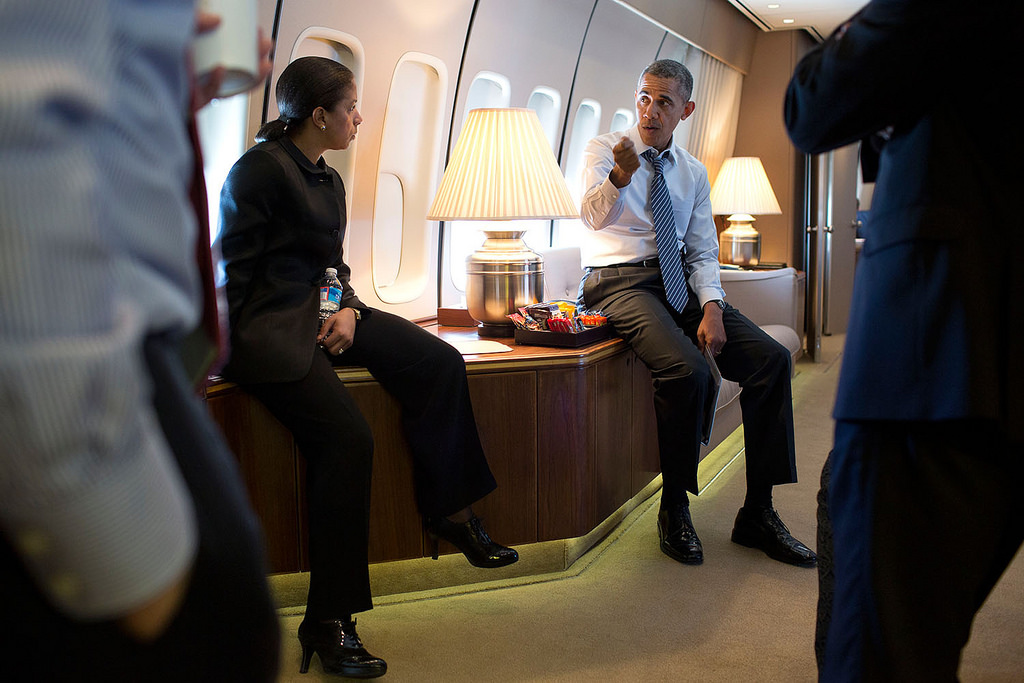
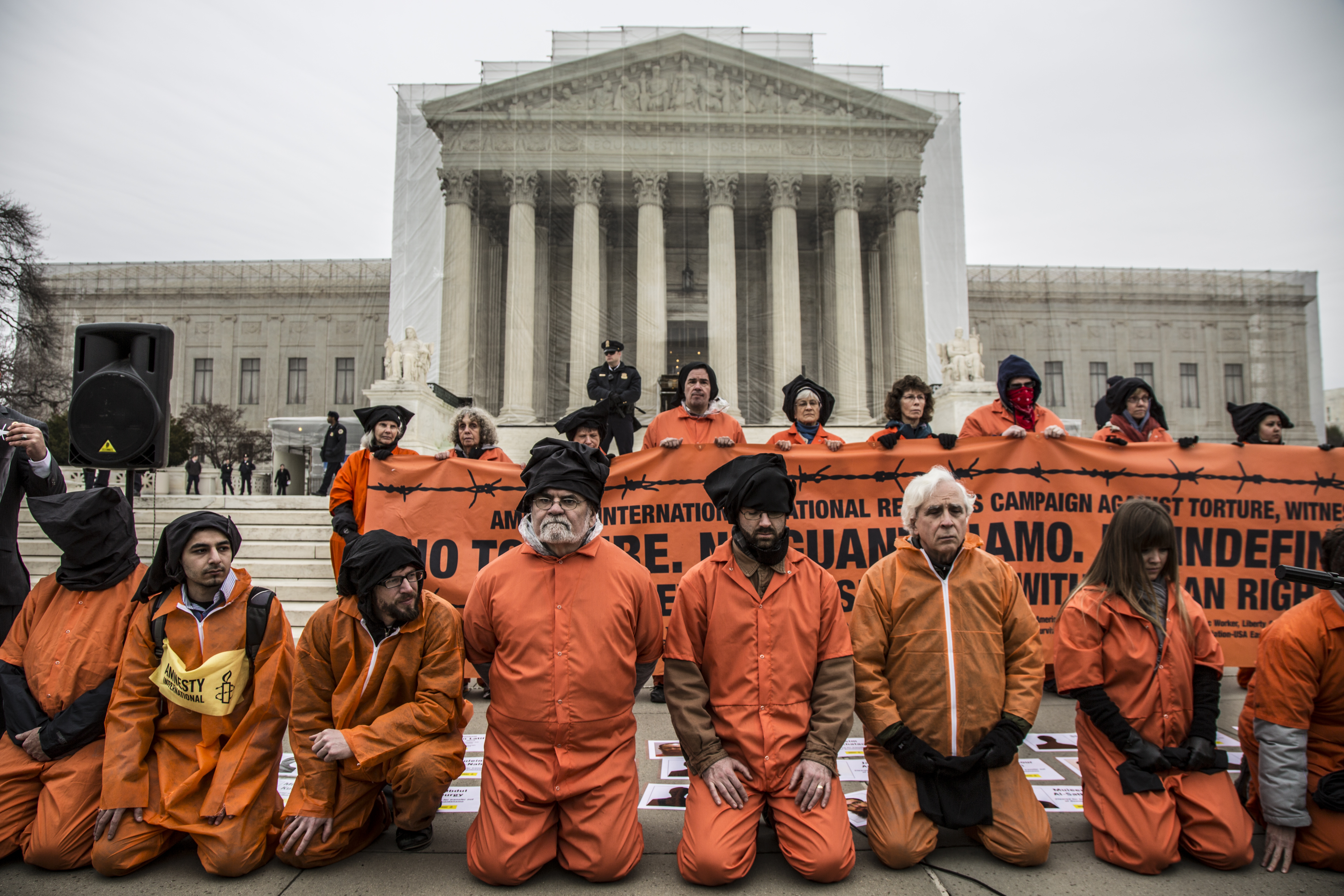
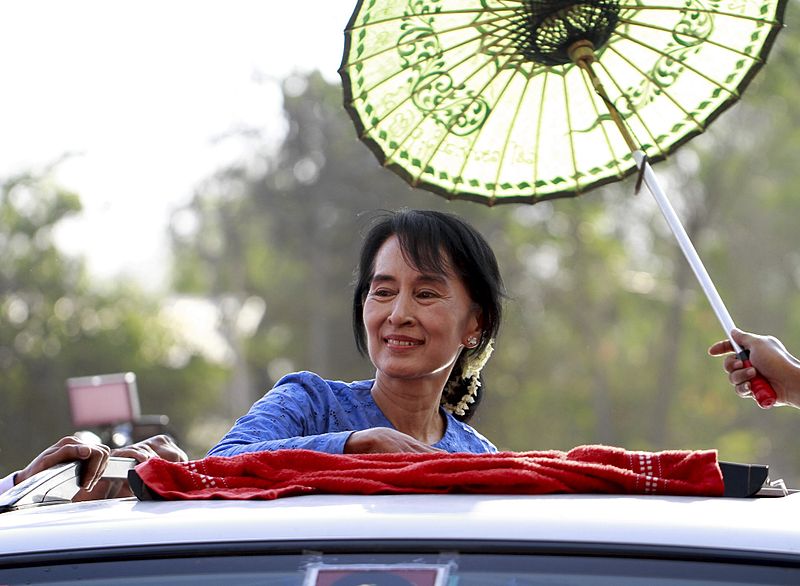
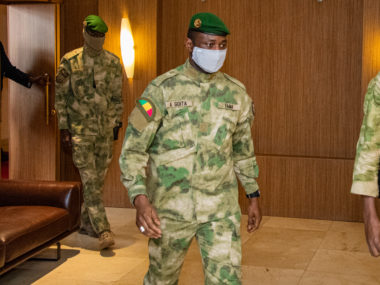
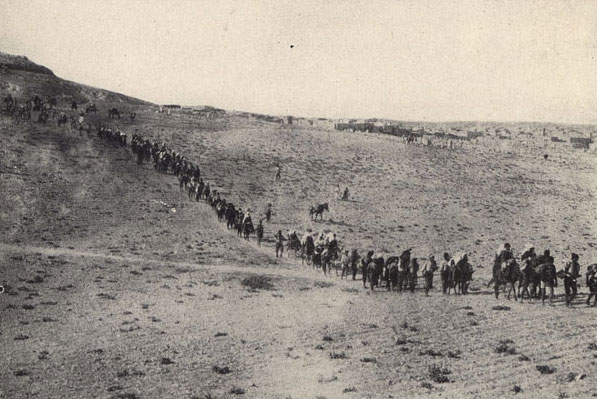
1 comment
There are several countries outside the Muslim world which also have important energy and other resources. It might be interesting to analyze their politics and culture using this question as well. Where is the Russian Gandhi? Where is the U.S. Gandhi? (In case the latter question seems odd, note that the present set of candidates for the U.S. presidency are almost entirely associated with imperialism and war abroad and plutocracy at home. People are free to protest, but their protests don’t matter.)